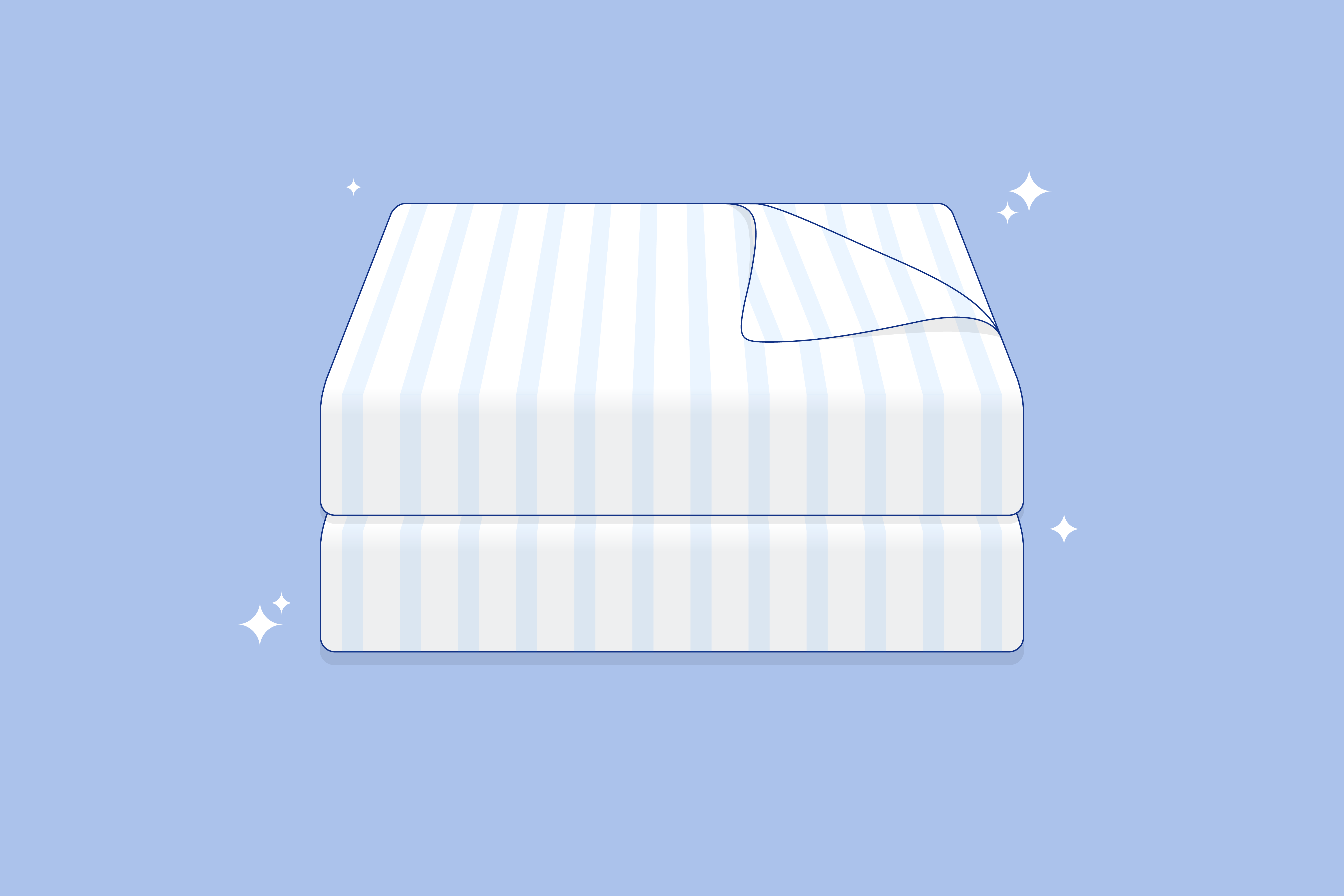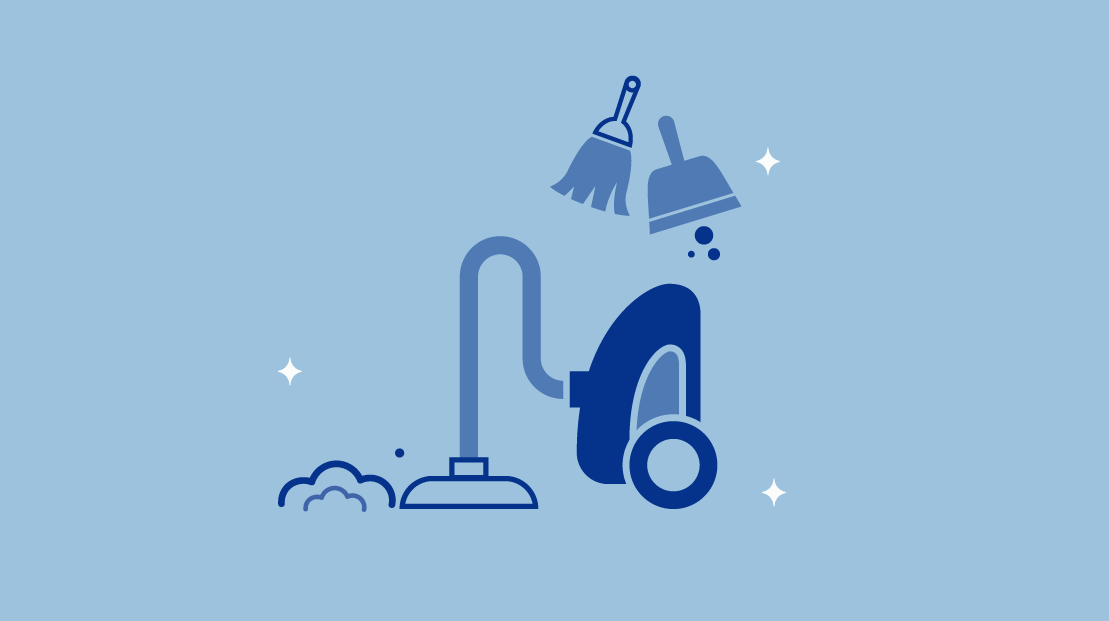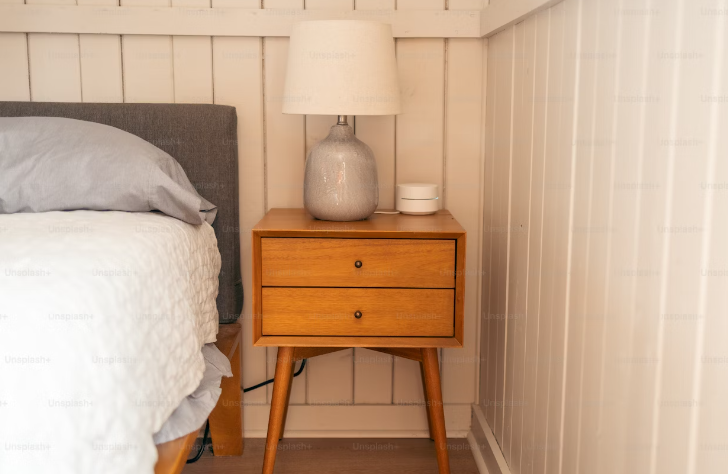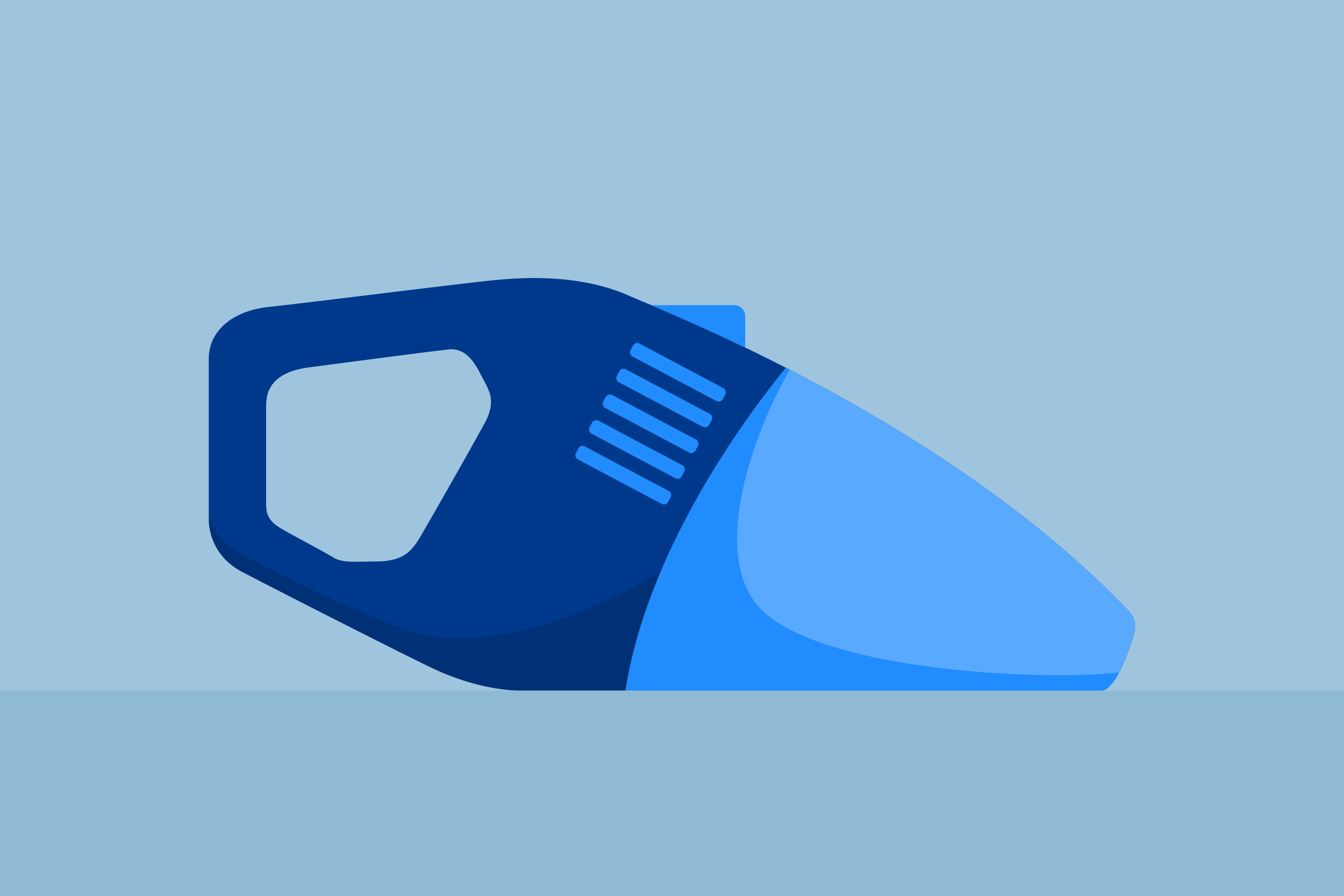Key Takeaways
- Prevent Color Bleeding: Washing sheets separately preserves their color, preventing color bleeding and keeping them vibrant.
- Avoid Fabric Damage: Washing sheets and towels together can lead to fabric snags and pilling, while separate washing maintains their quality.
- Ensure Proper Cleaning: Separate wash cycles ensure a thorough cleaning process, especially important when introducing new towels into the laundry routine, providing fresh sheets afterward.
Washing sheets, towels, and other clothes can seem like a brilliant idea, right? But hold on! There’s a good reason why washing sheets separately is essential. We all know that laundry sometimes makes us rush and skip important steps.
We’ll uncover the hidden truths about why sheets and towels should be washed separately, and why it’s worth paying attention to those care instructions. Ready to dive into the laundry room drama? Let’s go!
Best Amerisleep Sheets
Quick Guide: A 30-Second Summary
| Best Sheets Overall | Amerisleep Bamboo Sheets |
Should You Wash Clothes with Towels and Sheets?
Should you mix your regular clothes with towels and sheets in the wash? Absolutely not! Towels are notorious for shedding lint, so washing them with regular clothes means your clothes end up covered in lint. Not a good look. Sheets have their own issues – they tend to bunch up and trap smaller items in the washer.
Towels and sheets also need a hot, long wash cycle to get properly clean. If you toss in your underwear with them, it’s a disservice to your underwear. They’ll look old and worn out sooner because long, hot washes make clothes age faster and break down elastic.
Remember, when it comes to laundry, keep towels, bed sheets, and regular clothes in separate cycles.
Why Shouldn’t I Wash Sheets and Towels Together?
Washing towels with sheets may seem like you will save time, but it’s not worth it for several important reasons. You shouldn’t wash sheets and towels together because when you wash towels with your sheets, the towel fibers tend to shed, making your sheets less comfortable and causing them to wear out faster.
When you mix different materials like bath towels, kitchen towels, and hand towels, it can lead to issues. Lint from towels can stick to your sheets, making them less pleasant.
Moreover, if you don’t wash them properly, the colors of your light-colored sheets can fade or turn yellow much quicker when washed alongside towels. Plus, mixing the two can transfer dead skin cells from towels to your sheets, potentially making them less hygienic.
Additionally, towels often require hot cycles to get properly cleaned, which may not be suitable for your sheets and can lead to damage or fading.
What Can Bed Sheets Be Washed With?
Bed sheets can be washed with other linens and clothing items of similar materials, colors, and fabric weights, following care labels for washing instructions. Using detergent and fabric softener appropriately ensures they’re washed properly, so you can enjoy fresh and clean sheets with each laundry load.
It’s essential to group together items made of similar materials to maintain the quality of your bedding while doing the laundry.
You can usually wash flat sheets and fitted sheets together, but this can depend on the size and fabric weight of your sheets. Sometimes, you may be better served to wash them separately, such as if you have a smaller home washer.
3 Reasons to Wash Your Sheets Separately
Washing your sheets separately preserves their color, prevents fabric damage, and ensures a thorough and effective cleaning process, giving you three compelling reasons to do so.
Prevent Color Bleeding
Washing your bed sheets separately helps prevent color bleeding, so your favorite linens stay vibrant and fresh. You want to do what you can to avoid needing to whiten sheets with household items, after all.
Avoid Fabric Snags and Pilling
When you wash sheets and towels separately, you can avoid fabric snags and sheets pilling, keeping your linens and clothes in better condition.
Ensure Proper Cleaning
Ensuring proper cleaning, and washing bed sheets separately allows you to maintain their quality and avoid any potential issues, especially when introducing new towels to the laundry routine. Providing you with fresh sheets afterward for hotel-like sheet comfort.
Can You Dry Sheets and Towels Together?
Drying sheets and towels together is never a good idea. Even if you toss them into the dryer at the same time, they’ll end up drying at different rates.
Plus, lighter-weight sheets can dry faster than heavy towels, and one might still stay wet while the other is bone dry. It’s also important to note that towels can slow down the drying process for your sheets, preventing them from getting completely dry.
Tips to Keep Sheets and Towels Looking Their Best
To keep your bed sheets and towels looking their best, start by washing them properly. Use warm water in your wash cycles to help remove dirt and stains effectively while preserving the fabric’s quality. Avoid overloading the washing machine, as this ensures your linens get cleaned properly.
When it comes to fabric softeners, use them sparingly, as excessive use can reduce the absorbency of towels. Finally, be mindful of the dry cycle, using appropriate settings to prevent over-drying and maintain the freshness of your sheets and towels.
And while it is important to wash your sheets often enough, you want to avoid overwashing them. Frequent washing can cause the fibers in your sheets to break down more quickly, leading to thinning, pilling, and reduced durability. It can cause colors to fade over time, making your sheets look less vibrant.
Plus, excessive washing consumes more water, energy, and detergent, contributing to a higher environmental carbon footprint in the home.
To strike a balance, aim to wash your sheets every one to two weeks, or as needed. If you have allergies, pets, or you sweat heavily at night, you might need to wash them more frequently. Follow the care instructions on your sheets’ labels, use a gentle cycle, and avoid using excessive heat to help extend their lifespan.
When Is It Time to Replace Your Sheets?
Sheets endure a lot of wear and tear, so knowing when to replace them is important. Here are some signs it may be time to retire your sheets and invest in a new set:
- Visible stains or discoloration – Stains that don’t come out even after washing indicate the sheets have reached the end of their lifespan. Yellowing or graying also signals a need for replacement.
- Pilling or pulled threads – Excessive pilling or loose threads mean the fabric is breaking down. This can make sheets less soft and cozy.
- Thinning fabric – Over time, sheets become thinner as fibers break. If they feel rough or see-through, it’s a red flag for replacement.
- Elastic failure – When fitted sheets lose their stretch and no longer stay on the mattress, it makes bedmaking a chore. Sagging elastic indicates a need for new sheets.
- Uncomfortable feel – If your sheets feel rough, scratchy or irritating, the material may be worn out. Invest in new sheets for a comfortable night’s sleep.
- Allergy issues – For those with allergies, replacing sheets every 6 to 12 months can help minimize allergens like dust mites, along with having a hypoallergenic mattress.
Knowing when to replace old sheets helps ensure you always sleep comfortably. Quality sheets can last 2+ years with proper care. Ultimately, replace them when they no longer feel fresh, cozy and inviting.
FAQs
Can I wash pillowcases with clothes?
Yes, you have the option to wash pillowcases or bed shams along with your regular clothes in the washing machine. However, make sure to utilize a gentle cycle and cold water to safeguard the fabric from potential damage or excessive wear. Exercise caution if your pillowcases feature zippers, snaps, or embellishments that could potentially snag delicate clothing items.
Remember, detergent residue can accumulate on pillowcases, so it’s crucial to thoroughly rinse them. Additionally, for the best results, aim to prevent color bleeding by washing pillowcases and shams alongside items of similar light colors or by using color-catching sheets.
Can you use a pillowcase instead of a laundry mesh bag?
Using a pillowcase as a makeshift laundry bag can be a handy trick for delicate items like bras or sweaters. Simply put these items inside the pillowcase and tie the end in a knot before placing them in the wash. The pillowcase offers some protection against damage or stretching, but remember to wash the pillowcase regularly.
However, it’s worth noting that while a pillowcase can work in a pinch, it’s not as effective as a dedicated laundry mesh bag. Mesh bags are specially designed to allow water and detergent to flow through while still safeguarding delicate fabrics. So, if you spend a lot of time laundering delicate items, investing in a set of three mesh bags might be a better choice for added protection.
Can sheets go in the dryer with clothes or towels?
Many recommend against drying sheets with clothes or towels. The sheets need more space to tumble freely and dry properly. Towels and clothes can tangle up the sheets. If you decide to dry these items together, be mindful of fabric types. Sheets with delicate or special care instructions may need a lower heat setting.
Ensure your dryer is not overloaded, as this can lead to inefficient drying. Sheets and towels can generate lint, so be prepared to clean the lint trap afterward to prevent it from transferring onto other items.
Is it okay to wash sheets in cold water?
Washing sheets in cold water is fine and will save energy, which is better for your wallet and the environment. Many people prefer cold water washing to preserve color and reduce the chances of fabric shrinkage.
However, if sheets are heavily soiled it’s best to wash them in warm or hot water. For lightly used sheets, a cold water cycle with a good detergent will sufficiently remove odors, oils, and dirt.
How often should sheets be washed?
Most experts recommend washing sheets weekly or every other week at minimum. However, if you sweat a lot at night or have allergies, washing them more frequently may be needed to sleep comfortably. And if you allow pets on your bed, consider washing sheets more regularly to remove pet hair and dander.
Lastly, when you fall ill, we also recommend washing your sheets as soon as you can to deter lingering bacteria in the bed. Ultimately, how often you wash your sheets depends on your personal comfort and lifestyle, but regular washing contributes to a healthier and more comfortable sleeping environment.
Should sheets be washed separately?
Yes, we recommend that you wash sheets separately from other laundry. Sheets benefit from having plenty of space to move freely in the washing machine and dryer. Washing them alone allows the sheets to be fully submerged and tumble freely to release dirt, oils, and bacteria.
Sheets also may require different settings, detergents, or cycles than regular laundry so washing separately can optimize cleaning.
Conclusion
While washing your bed sheet with clothes and other items may be convenient at times, it’s essential to consider the potential consequences, such as fabric damage and color bleeding. To ensure the longevity and cleanliness of your bed linens, it’s often best to give them dedicated care and laundering when possible.
More Bedding & Mattress Cleaning Guides
For mattresses:
- How to Get Stains Off and Clean a Mattress
- How to Freshen and Deodorize a Mattress
- How to Remove Urine Stains and Smell From a Mattress
- How to Clean Vomit from a Mattress
- How to Remove Blood Stains on Your Mattress
- How to Get Poop Stains out of a Mattress
- How to Remove Coffee Stains from Your Mattress
- How to Remove Makeup Stains from Mattresses
- How to Remove Ink Stains from a Mattress
- How to Remove Rust Stains from a Mattress
- How to Get Sweat Stains Out of a Mattress
- How to Dry a Wet Mattress After Water Damage
- How to Get Lint Balls off a Mattress
- How to Clean a Dusty Mattress
- How to Fix a Ripped Mattress
- How to Spot Mold on Mattress
For pillows:
- How to Wash and Dry All of Your Pillows
- How to Disinfect Your Pillow
- How to Fluff a Pillow
- How to Wash a Body Pillow
For blankets, comforters, quilts, etc:
- How to Clean a Comforter
- How Long Does It Take to Dry Clean a Comforter?
- How to Wash a Quilt
- How to Wash a Duvet
- How to Clean an Electric Blanket
- How to Clean a Weighted Blanket
- How To Wash a Crochet Blanket
For other bedding items:
About the author
Mitchell Tollsen is a graduate student and a freelance writer who’s contributed to the Early Bird blog for three years. Mitchell’s always been fascinated by the science of sleep and the restorative processes our bodies undergo when at rest. The self-titled “Sleep Expert” is always looking for ways to improve his shut-eye, and throughout the years has implemented numerous lifestyle changes and tried dozens of sleep-promoting gadgets to determine the best ways to truly get better rest.
View all posts





